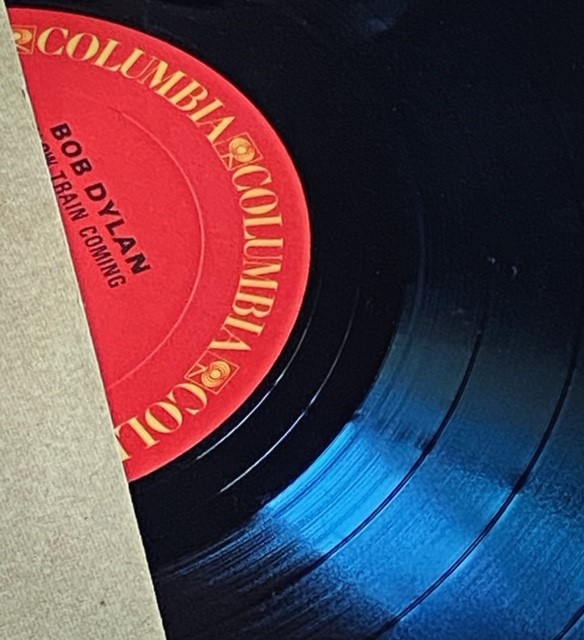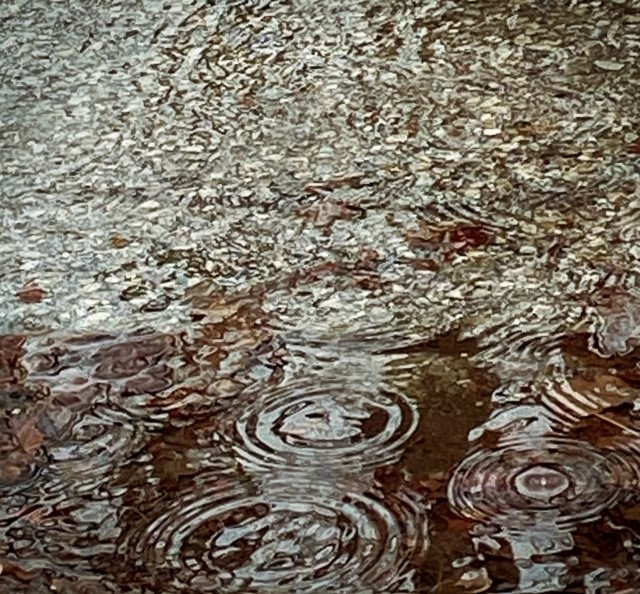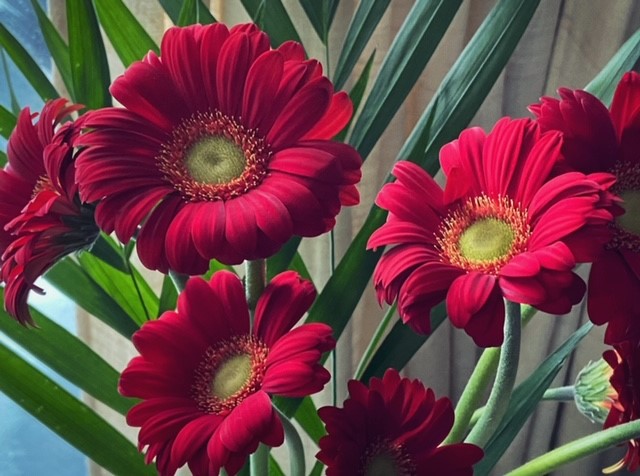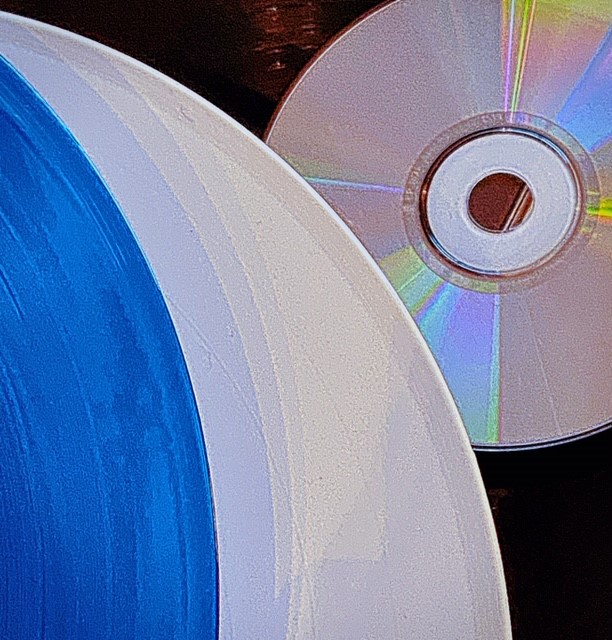
A three-day weekend with not a lot to do, I spent a great deal of it shopping some of Toronto’s fine record shops. Yes, Record Store Day is a few months away, but it’s not like I need an excuse to search for some new vinyl.
Nothing brightens a cold winter’s day like music.
I had no specific music in mind, and I keep a list in my head (and on my mobile device) of rarities I’m always searching for; though some days you’ve just got to get out and search for something.
Music is, and has been for most of my life, my strongest vice or addiction.
I bought my first Bob a Dylan LP on the Monday. Yes, for the first time in 49 years of buying recorded music I finally bought a Dylan album. It was by no means a spontaneous decision. I’ve been thinking about buying this particular album for more than 40 years, since it was released in 1979.
Slow Train Coming: I’ve heard most of it, at various times, in bits and pieces, on FM radio or at friend’s home. I’ve even picked up the CD a couple of times, at garages sales, thrift stores, or assorted clearance bins, but something else always captured my imagination.
I always felt there was more worthwhile music than a Bob Dylan album.
There’s only one other time I came remotely close to buying Dylan, and that was for the song Knocking On Heavens Door (from the Pat Garrett & Billy The Kid soundtrack), but I never bought it. I just couldn’t. Not for the song and mainly because of Dylan’s voice.
No matter how introspective, or amazing, his songwriting was or is, I simply could not deal with a voice that is as annoying to me as Tiny Tim, Leonard Cohen, Siouxsie Sioux, or Brittany Spears.
Yes, I realize now (and I supposed I always have) that Dylan is an icon. I’ve read about him in the pages of Rolling Stone for almost as long as I’ve been buying albums. I know the songwriter has few peers in his genre, or on the level of this popular musician, but I could not bother buying his music.
Besides, you could always hear his songs on many other albums by so many other musicians. I could fill a page with artists who have covered Dylan’s songs. Hell, I could fill a page with artists who have recorded Blowin’ In The Wind, or Mr. Tambourine Man. Or I Shall Be Released.
Yes, he is that good a craftsman; I would never even joke about the man’s songwriting skills. Lyrically he is astounding; I mean, he did win a Nobel Prize for poetry in 2016.
The man can’t sing (his voice can only be described as ‘honest), but he does have a certain place in rock and roll history. I became somewhat enamored with the guy about a decade ago when he had his own show on Sirus XM Satellite Radio. I’d tune in more regularly than I’d care to admit, and listen to the music that caught his ear, or what he listened to as a kid. I was often pacified by his storytelling abilities.
I also enjoyed reading about his life through the eyes of Joni Mitchell and Robbie Robertson in either of their fairly recent autobiographies. Despite the occasional differences each of the musicians documented in the pages, there was respect for the man.
I guess I finally acknowledged my respect for his talent by buying one of his records on the weekend.
It was probably because I’ve always, sort of, kind of liked the song Gotta Serve Somebody. Maybe it was for the message itself?
Maybe I’ve softened, maybe his voice is recorded a little better this time around (producer Jerry Wexler did have his soulful ways of working), or maybe it was Mark Knofler’s guitar work that had been calling to me (Knofler himself having been accused of a Dylan-esque voice when he came onto the scene with Dire Straits).
Point is, music will often find a place in your life. It may be a new style, or band, or something from your past. Maybe it is a certain melody or lyric that brings forth an important moment.
Or maybe, like the times, I am a changing.
Slow Train, I’ve come to realize over the past few days, is one damn good album. I probably should have bought it decades ago.




